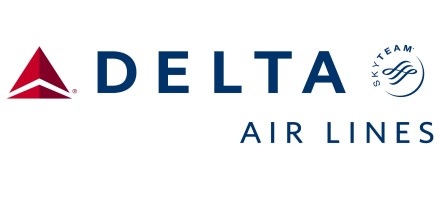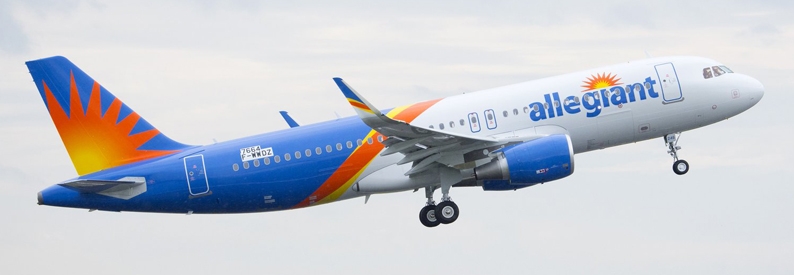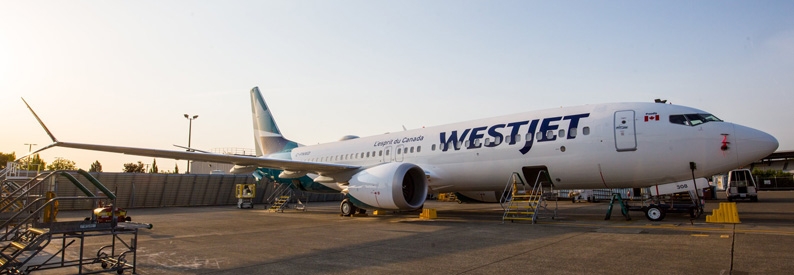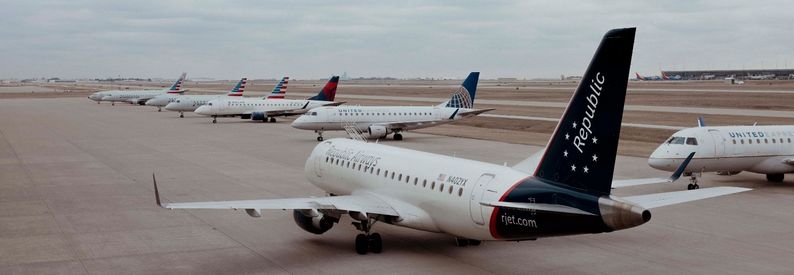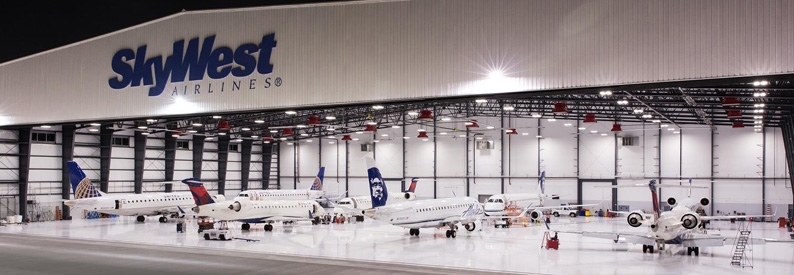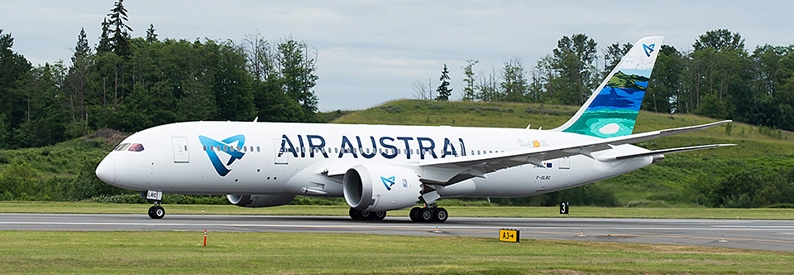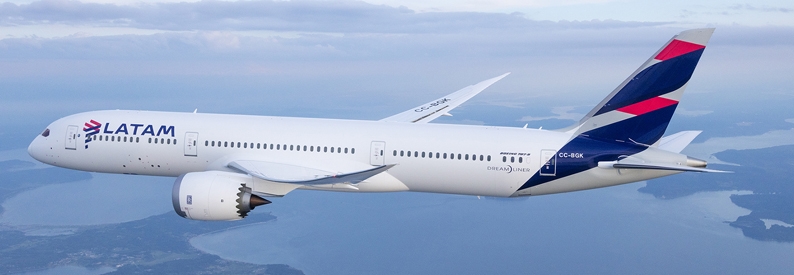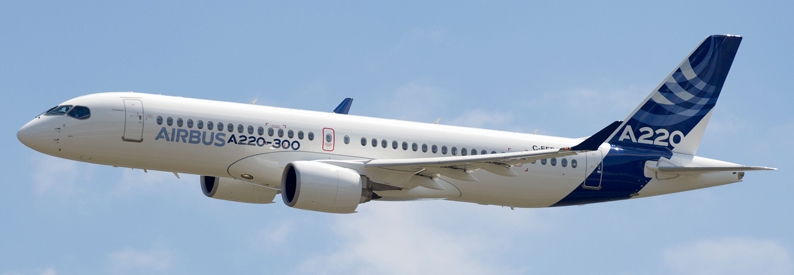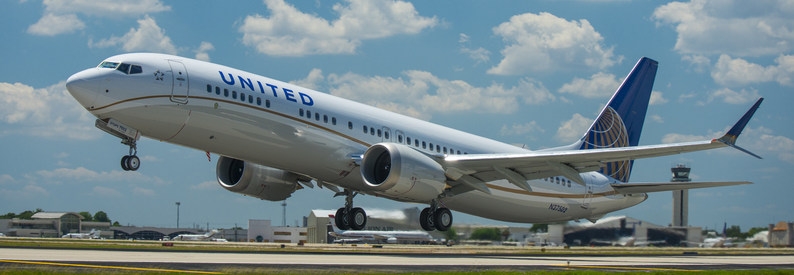Delta Air Lines (DL, Atlanta Hartsfield Jackson) will not be paying tariffs on any aircraft deliveries the company takes in the future and is willing to defer new deliveries, chief executive Ed Bastian said during the airline’s 2025 first-quarter investors' call.
“We will do our very best to see what we have to do to minimise tariffs. But one thing that you need to know we are very clear on is that we will not be paying tariffs on any aircraft deliveries we take” from Airbus, he said, adding: "We will defer any deliveries that have a tariff on them."
The CEO pointed out that times are very uncertain and if a 20% incremental cost is added on top of an aircraft, “it gets very difficult to make that math work.” He explained that Delta hopes the issue is resolved through trade discussions rather than any concrete action that either Delta or Airbus have to take.
Earlier this month, US President Donald Trump imposed sweeping 20% tariffs on imports from the European Union, where Airbus is based, and 10% on imports from the United Kingdom, home to engine maker Rolls-Royce.
“In terms of import balance-imbalance between the US and Europe for the aerospace industry, the US exports six times to Europe the amount of trade that Europe imports to the US. That is a really important fact to know and I hope our leaders in Washington are paying attention to that,” Bastian said.
Delta Air Lines has orders for sixty-nine A220-300s, eighty-two A321-200NX, six A330-900Ns, twenty A350-1000s, and eight A350-900s from Airbus, as well as 100 B737-10s from Boeing.
Trade war impact on demand
Due to the ongoing United States trade war against the rest of the world, Delta has recently experienced a decline in bookings, especially domestic and with some international markets like Canada. Overall, "given broad economic uncertainty around global trade, growth has largely stopped," the airline’s president, Glen Hauenstein, noted.
"While not immune in this environment, we do continue to see greater resilience in international and our diversified revenue streams, including Premium and Loyalty," Hauenstein explained, adding that so far the company has not observed any significant decline in international fares coming into the US from abroad. "We are mindful that could happen, but we haven’t seen it yet. But that only represents about 20% of our international point-of-sales revenue."
Hauenstein further said that Delta is going to eliminate unprofitable flying "wherever that is." In particular, "we think that off-peak is going to have a disproportionate hit to peak day flying."
In the first quarter of the year, Delta posted operating revenue of USD13 billion and a net income of USD240 million. However, moving forward in this slower-growth environment, the company will protect its margins and cash flow by focusing on what it can control, such as reducing planned capacity growth in the second half of the year and managing costs and capital expenditures.
